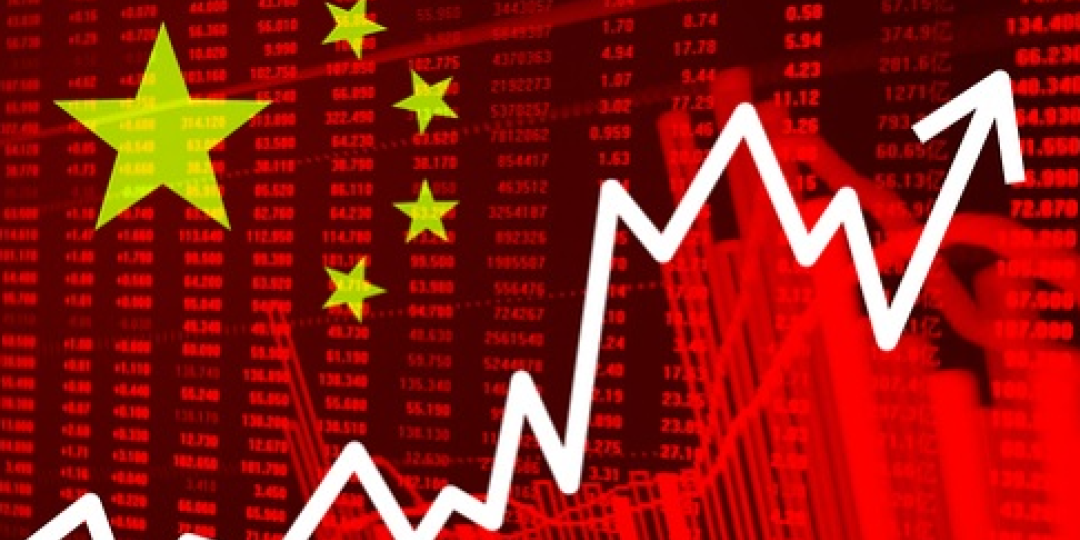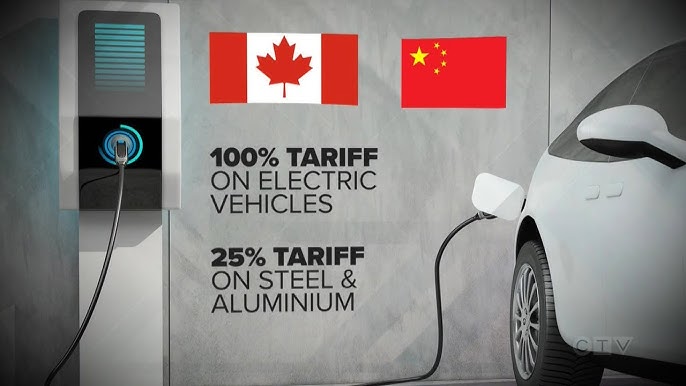Warwick Powell, Adjunct Professor at Queensland University of Technology, Senior Fellow at Beijing Taihe Institute
Nov 22, 2024
The new Japanese prime minister wants to reassert Japan’s standing as a regional power, which will challenge the expectations of Washington elites and further rattle a region that is seeking to skirt the dynamics of great power competition.
Yu Xiang, Senior Fellow, China Construction Bank Research Institute
Nov 22, 2024
The country is capable of mitigating any ill effects should Trump return to the aggressive form of his first term. China may feel some pressure, but it has built a multilayered economic defense involving domestic demand, fiscal policies, high-tech innovation and international cooperation.

Christopher A. McNally, Professor of Political Economy, Chaminade University
Oct 25, 2024
China’s recent monetary stimulus measures initially boosted stock markets but quickly fell short of reviving domestic demand and investment. A "whatever it takes" approach with more forceful fiscal stimulus is essential to reset consumer and investor confidence.
He Weiwen, Senior Fellow, Center for China and Globalization, CCG
Oct 18, 2024
Republican proposal, along with heavy tariffs promised by Donald Trump and certain retaliation by U.S. trading partners, would drive the global economy into a new Great Depression. Rather than trying to punish China, the U.S. should continue to maintain dialogues and establish practical trade and investment collaboration.
Shang-Jin Wei, Professor, Finance and Economics at Columbia University
Oct 08, 2024
The timing of China’s new stimulus package is not coincidental. Arriving just before the 75th anniversary of the People’s Republic, the announcement was well-received by equity investors, leading to a surge of more than 15% in the country’s main stock indices.
Dong Yifan, Assistant Research Fellow, China Institutes of Contemporary International Relations
Oct 08, 2024
Continued conflation of economic issues with geopolitical concerns may hinder Europe’s ability to reverse its gradual decline of influence within both emerging industries and the broader international economic landscape. Ultimately, it will squander its limited resources.

Hugh Stephens, Distinguished Fellow, Asia Pacific Foundation of Canada
Oct 04, 2024
As one of the United States’ closest allies in the West, Canada’s foreign policy tends to generally align with that of the U.S. With anti-China tensions building in both countries, Canada’s latest moves could end up hurting its relationship with China without a more nuanced approach.
Zhang Jun, Dean, School of Economics, Fudan University
Sep 30, 2024
In the wake of China’s exit from its zero-COVID strategy, the government has recognized the need to address the economic risks arising not only from suppl
Yu Xiang, Senior Fellow, China Construction Bank Research Institute
Sep 30, 2024
The rare 50-basis-point interest rate cut is the American central bank’s response to a slowing economy. It will inevitably have far-reaching effects. For China, it is likely to influence capital flows and cause fluctuations in China’s financial markets. It will also put upward pressure on the yuan, which could hurt the country’s exporters.
Kemel Toktomushev, Research Fellow, University of Central Asia
Sep 27, 2024
Kyrgyzstan doesn’t make global headlines often, but its central location between China, Russia, and Europe makes it a necessary partner for new developments in Central Asia. How does far-flung Germany fit into the picture as Kyrgz leadership ramps up its infrastructure?